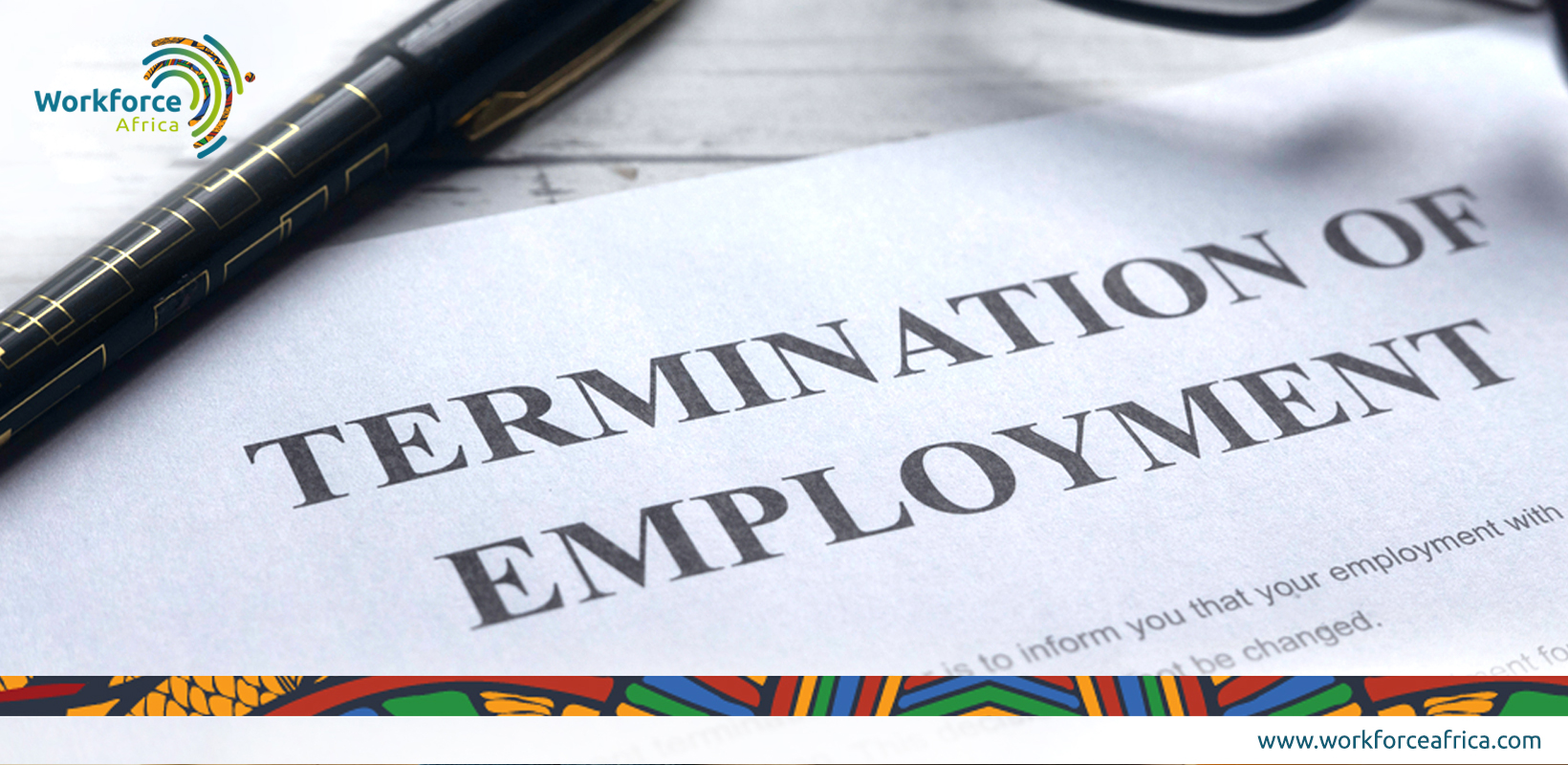When you’re finally ready to expand your business into Nigeria, a major challenge that may come to mind is hiring employees. Your company will only be as successful as the employees behind it, so you need the right talent who will help you build a new location.
However, recruiting and hiring employees in Nigeria can be challenging when you have to comply with a whole new set of labour laws and regulations while running your company.
In this article, we have highlighted the major areas under the Nigerian Labour Law and legislations that foreign companies must beware of to avoid future legal liabilities when hiring.
Recommended Post: Top 11 Steps to Successfully Set Up a Business in Nigeria
Major Highlights of Employment and Labour Law in Nigeria
Forced Labour
Forced Labour is illegal. Every Nigerian has the right to be free from forced labour, and this is guaranteed under the 1999 constitution. This is also restated in the Labour Act.
However, there is an exception that gives the government the ability to demand for people to work during an emergency or crisis, and this will not be classified as ‘Forced Labour’.
Employee Contract
All employers must give their employees a written agreement within three months of the commencement of the employment, adequately stating the particulars of the employer and the employee, the position and job description/functions, and terms and conditions of the contract.
Wages and Salaries
There is a mandated minimum wage of NGN 30, 000 (USD 73.17) per month and workers in Nigeria should not be paid less than this stipulated amount.
Average Hours
A workday in Nigeria is a standard 8 hours shift and 40 hours a week, with all workers entitled to a minimum of six working days paid annual leave and overtime pay where applicable.
Holidays, Leaves and Vacations
- Sick Leave

Employees are entitled to 12 days sick leave per annum for a temporary illness that must be certified by a medical practitioner.
- Rest Hours
In every period of 7 days’ work, employees are entitled to at least a day off under the employment law in Nigeria. Also, if an employee works for more than 6 hours a day, s/he must be given 1 hour of interval on that day.
- Holidays
Employees after 12 months of continuous service are entitled to a holiday with full pay of at least six working days (this is exclusive of all public holidays)
- Maternity and Paternity Leave

All female staff are entitled to a minimum of 12 weeks maternity leave with full pay. Paternity leave is optional as the Nigerian Labour Act does not recognise paternity leave and makes no such provisions.
Pension Contribution
Employers and employees are required to make a statutory minimum contribution of 10% and 8% respectively of the employee’s monthly emoluments.
Group Life Insurance
A group life insurance policy as backed by the Pension Reform Act (2014), must be provided in favour of the employee for a minimum of 3 times the employee’s annual total emoluments.
Health Insurance
The provision of health insurance for employees is common in Nigeria but is not mandatory. Private businesses provide health insurance benefits to their employees provided by accredited Health Maintenance Organizations (HMO) in the country.
National Social Insurance Trust Fund (NSITF)
There is a mandatory employee compensation scheme whereby 1% of payroll cost is contributed to the National Social Insurance Trust Fund (NSITF). Employees who suffer from occupational diseases, injuries from accidents or death at the workplace are compensated with this fund.
National Housing Fund (NHF)
Under the NHF law, every Nigerian earning within the minimum wage range is required to contribute 2.5 per cent of their basic monthly salary to the NHF.
Industrial Training Funds (ITF)
Every employer with five or more employees or with an annual turnover of NGN 50 million and above is obligated to contribute 1% of its total yearly payroll to the Industrial Training Fund as the employer’s contribution to the training of employees in Nigeria.
PAYE
Nigeria adopts a Pay-As-You-Earn (PAYE) system in calculating the personal income tax of employees. This tax rate progresses from 7 per cent to 24 per cent of taxable income. The taxable income band ranges from NGN300,000 to above NGN3.2 million in a year.
Transfer of Employment
An employee must concede to his/her transfer from one employer to the other which must be endorsed by an authorised Labour officer, for the transfer to be valid. E.g. If Company A buys over Company B, staff must sign a letter of consent for the transfer to be valid.
Termination of Employment

- Where an employee has been in employment for three months or less, either party may terminate the contract with a minimum of 1-day notice.
- Where an employee has been in employment for three months but less than two years, either party may terminate the contract with a minimum of 1-week notice.
- Where an employee has been in employment for two years but less than five years, either party may terminate the contract with a minimum of 2 weeks’ notice.
- Where an employee has been in employment for five years or more, either party may terminate the contract with a minimum of 1-month notice.
An employer may terminate an employee’s contract when there is a fundamental breach of the employment contract without compensation.
Good Read: Pros, Cons & Expert Guidelines for Rehiring Former Employees in Nigeria
Working with an Ally
Foreign companies expanding into Nigeria that are not familiar with the Labour Law are at risk of non-compliance that can lead to adverse legal consequences; this is why companies looking to expand into new markets are increasingly partnering with Professional Employer Organizations (PEO).

Establishing a partnership with a local Professional Employer Organization (PEO) will help your company reduce risks with labour-related compliance and liability issues.
Workforce Africa, we can shoulder all compliance matters so that you can run your company without added stress. Contact us today for more information about hiring in Nigeria.






